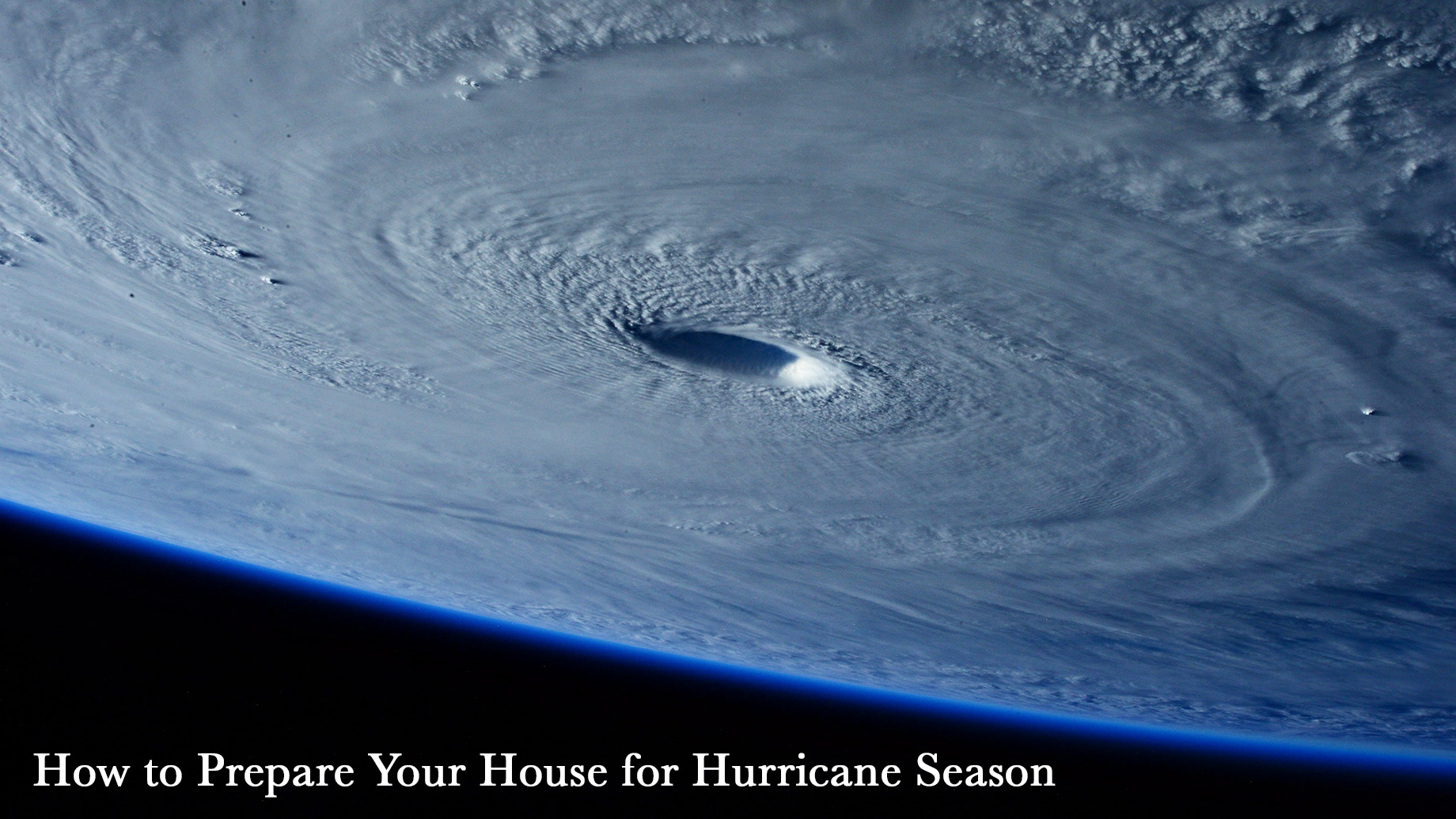
Hurricane season is well underway – but is your home ready?
Known for strong winds, tornadoes, flying debris, mudslides and floods, it’s easy to see that hurricanes can be dangerous to your home, but the actual statistics may shock you. Hurricanes cause around $54 billion in damages each year, and $34 million of those damages are inflicted on private homes according to the Congressional Budget Office.
The good news? A few hurricane precautions can mean the difference between a few dollars and thousands of dollars in repairs. Take a look below.
Before the Hurricane:
If you live in a coastal area (or an area that’s prone to be affected by large storms), your prep should begin long before the threat of an actual hurricane. We’ve broken down our best tips for hurricane season prep below:
Create a Storm Kit
If you live in an area where storms are common, create a storm kit ahead of every hurricane season. Sound like overkill? For the Family Handyman, “a basic storm kit is designed to get a family through 48 hours without electricity and basic services. Your basic storm kit should include a whistle, blankets, garbage bags, batteries, a three-day water supply and two days’ worth of food.” Store your hurricane kit in a place that’s convenient to grab if you need to evacuate quickly.
Create an Emergency Plan
Hurricanes can be unpredictable, and a solid emergency plan is a necessity as we head through hurricane season. For SERVPRO CEO and emergency specialist Rick Isaacson, the emergency plan is less about ‘what do we do now’ and more about practical information: “families and businesses alike need immediate access to data like emergency and insurance contacts, shut-off valves, and electrical panel locations.” Once you’ve compiled your emergency plan, talk about it with your family to make sure that everyone is on the same page about what to do when a hurricane strikes.
Learn about your Property
For the experts at SERVPRO, preparing for a hurricane is all about doing your homework. They recommend learning about your property’s elevation: “learn the elevation level of your property. This will help you know how your property could be affected by heavy rainfall and whether it is prone to flooding.” They also recommend taking a look at your drains and gutters, areas of concern when it comes to flood risk.
Prep Your House
It’s the age-old question: should I install hurricane shutters? The answer is simple: yes, if you can. Hurricane shutters protect your home from high winds and projectiles in the event of a hurricane or tropical storm. There are plenty of options depending on your needs. However, hurricane shutters are extremely expensive, and as The Motley Fool acknowledges, not always an option. If hurricane shutters are out of your budget or inappropriate, an alternative option is to purchase plywood to cover your windows and doors. Bear in mind that this is a backup option – plywood will not protect your home as well as hurricane shutters, and when installed incorrectly, can rip off your home and turn into a projectile itself.
If a Hurricane is Coming:
If a hurricane is coming, it’s time to act quickly. The CDC has prepared a list of what to do in the event of a hurricane:
- Go over your emergency plan, and keep checking for updates about the storm.
- Clear your yard, especially of anything that could blow around during a storm and cause damage to your property. Secure any lawn furniture, grills, bikes, trampolines, and other outdoor equipment inside or under a shelter.
- Cover windows and doors. Remember when we bought plywood to prepare for hurricane season? This is the time to use it. Use storm shutters, or nail pieces of plywood down to protect windows.
- Prepare to turn off your power, especially if you see flooding, downed power lines or if you’re forced to evacuate.
- Fill clear containers with drinking water. Some people even fill sinks and bathtubs with water, too.
- Check your carbon monoxide detector’s battery.
Are you prepared for hurricane season, or handling the effects of last year’s storms? SERVPRO’s storm flooding restoration experts can help. Get in touch today.